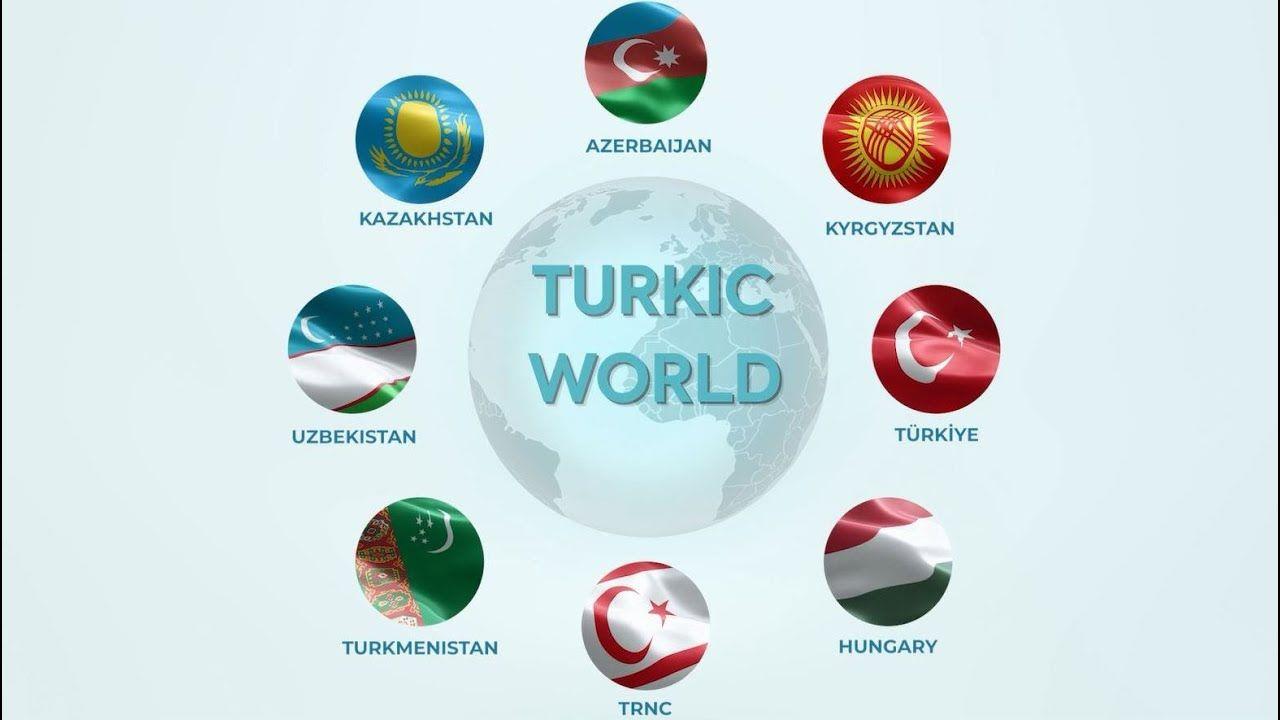
Azerbaijan Takes Lead In Advancing OTS Cooperation At 10Th Customs Meeting
Azerbaijan has long been committed to enhancing its diplomatic and economic ties with the Turkic countries, based on shared ethnic, cultural, and historical ties. This foundational connection underpins the country's active participation in multilateral frameworks, particularly the Organization of Turkic States (OTS), which fosters deeper cooperation in areas such as trade, transit, and technology. With its strategic geographical position at the crossroads of East and West, Azerbaijan plays a critical role in connecting the regions and facilitating the economic integration of its Turkic partners. The 10th meeting of the heads of customs services of the OTS, held in Baku on January 16, 2025, further solidified this role, showcasing Azerbaijan's leadership in advancing regional cooperation.
Key outcomes of the 10th meeting
The gathering, chaired by Azerbaijan's State Customs Service Chairman, Shahin Bagirov, brought together senior representatives from OTS member states, including Kazakhstan, Kyrgyzstan, Turkiye, and Uzbekistan. The discussions focused on deepening customs cooperation, improving trade facilitation, and enhancing the technological infrastructure needed for efficient border crossings and transit routes. The meeting reflected Azerbaijan's active diplomatic engagement, aiming to drive both regional and global trade improvements.
A pivotal area of focus was the Simplified Customs Corridor, a groundbreaking initiative aimed at easing transit procedures and fostering trade. The participating countries reaffirmed their commitment to this project, with discussions centered on refining the information exchange technologies needed to support it. This initiative is part of a broader vision to create a seamless and efficient trade network across the Turkic world, aligning with the "Turkish World 2040 vision" and the OTS Strategy for 2022-2026.
The Trans-Caspian Customs Transit Portal was also a key point of discussion. Azerbaijan, which has made significant investments in infrastructure like the Baku-Tbilisi-Kars railway and the North-South Transport Corridor, presented the initiative to streamline customs procedures along the Trans-Caspian route. This would enhance not only the movement of goods but also promote economic activity and increase the efficiency of border crossings.
Technological innovations and collaborative efforts
The role of technology in improving customs procedures was a recurring theme throughout the meeting. Azerbaijan's proposal for a Single Window system for customs declarations, which aims to reduce paperwork and processing times, was met with enthusiasm. This initiative, supported by Turkiye's readiness to organize field visits for experience-sharing, will play a crucial role in optimizing trade logistics and reducing delays at border crossings.
Moreover, the introduction of electronic seals and GPS-based tracking systems was emphasized as essential tools for ensuring cargo security and transparency. These technologies not only enhance the safety of goods in transit but also foster trust among traders, crucial for the region's economic growth.
Azerbaijan's role as a regional and global transit hub
Azerbaijan's geographical position as a bridge between Asia and Europe was underscored by Chairman Bagirov during his speech. He emphasized that the country's location makes it an invaluable transit and logistics center, vital for the integration of Turkic states into global trade networks. The Middle Corridor initiative, championed by Azerbaijan, is one of the most significant regional projects, aiming to provide an alternative, efficient trade route between China and Europe through Central Asia and the Caucasus.
Bagirov highlighted the importance of projects like the Baku-Tbilisi-Kars railway and the North-South Transport Corridor in enhancing Azerbaijan's role in facilitating trade flows between the Turkic countries. These initiatives not only strengthen Azerbaijan's transit potential but also create new opportunities for regional development and closer cooperation within the OTS.
Strengthening cooperation and expanding trade
The Organization of Turkic States plays a crucial role in fostering economic cooperation among its member states, which span a vast region from Central Asia to Europe. By promoting trade, infrastructure development, and technological advancements, the OTS strengthens regional economic integration. This collaboration enables the member states to leverage shared cultural and historical ties to overcome common challenges and maximize collective economic potential.
The 10th meeting concluded with a number of agreements and future plans, including the implementation of a pilot project to test the new technologies for customs procedures, as well as the creation of a comprehensive action plan to advance the E-TIR system. The member states also agreed to continue working on the development of the Caravansaray project, which aims to revive historical Silk Road trade routes. Azerbaijan's commitment to advancing technological and infrastructural solutions was clearly evident, with the country positioning itself as a leader in regional trade and customs cooperation. As the meeting closed, there was consensus on the importance of further enhancing trade relations, improving logistics, and facilitating economic integration among the OTS member states.
The 10th meeting of the heads of customs services of the Organization of Turkic States was a milestone event, marking a new phase in the cooperation between Azerbaijan and its Turkic neighbors. The country's proactive role in promoting technological advancements, improving trade facilitation, and strengthening regional infrastructure has solidified its position as a key player in the Turkic world. Moving forward, Azerbaijan's efforts to streamline customs procedures and enhance connectivity will undoubtedly contribute to the long-term economic success of the OTS member states, further fostering collaboration and unity in the region. As the OTS continues to evolve, Azerbaijan's leadership and strategic initiatives will remain central to the organization's vision of a prosperous, interconnected Turkic world.
Legal Disclaimer:
MENAFN provides the
information “as is” without warranty of any kind. We do not accept
any responsibility or liability for the accuracy, content, images,
videos, licenses, completeness, legality, or reliability of the information
contained in this article. If you have any complaints or copyright
issues related to this article, kindly contact the provider above.


















Comments
No comment